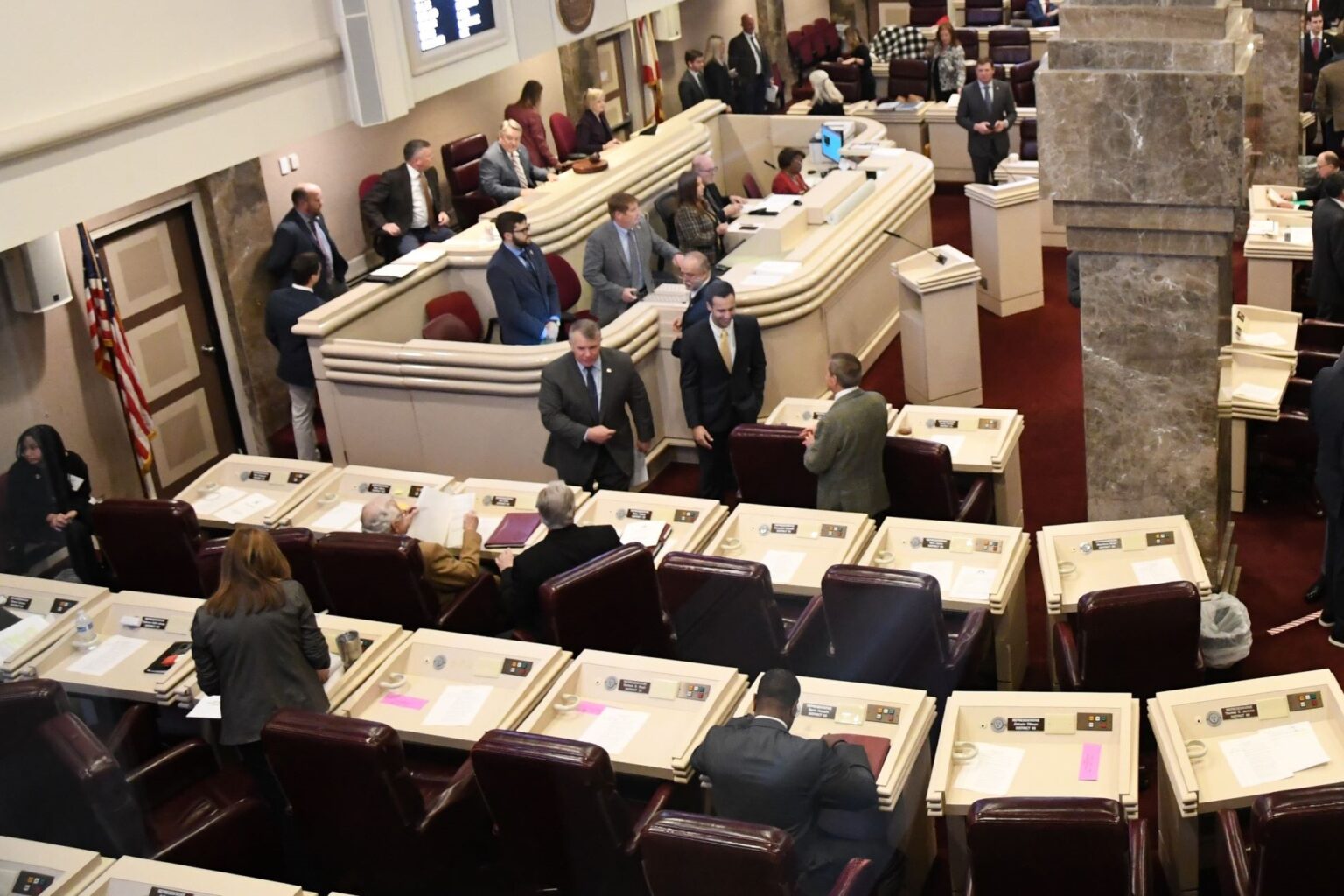In a whirlwind finish to the 2024 session, the Alabama Legislature passed a groundbreaking $9.3 billion education budget, marking it the largest in the state’s history in nominal terms. This financial plan includes a modest 2% raise for teachers and significant boosts in funding for local education boards and various educational initiatives.
These changes promise to reshape the educational landscape in Alabama, focusing on areas such as the Alabama Reading Initiative and the Alabama Math, Science, and Technology Initiative.

Details of the Budget and Its Implications
The 2025 Education Trust Fund budget, combined with a substantial supplemental appropriation for the current fiscal year, emerged from intense negotiations and brief standstills caused by differing priorities between the House and Senate.
Notably, the budget allocates a $185.4 million increase to local education boards, enhancing resources significantly from previous figures. It also features notable increases in funding for the Alabama Community College system and several statewide educational programs, highlighting a robust commitment to advancing Alabama’s educational infrastructure.
Via @alanderrocha: The 2025 education budget and several controversial pieces of legislation are awaiting action as the Alabama Legislature hits the final day of the 2024 legislative session. https://t.co/PNugXQYcV2 #alpolitics
— Alabama Reflector (@ALReflector) May 9, 2024
Shift in Funding Focus
A notable change in this year’s budget is the reallocation of $1.5 million initially intended for School Safety Evaluations, Mapping, and Grants from the Alabama State Department of Education to the Alabama Law Enforcement Agency.
This move, confirmed without a change in the monetary allocation as stated by Senate Finance and Taxation Education Committee Chair Arthur Orr, underscores a strategic shift in handling certain educational expenditures.

Legislative Dynamics and Debates
The passage of the budget was not without its drama and disputes. Throughout the session, tensions flared between the House and Senate over the pace of bill approvals and other legislative priorities, including a controversial gambling package.
This package was touted by its proponents as a potential source of up to $1.2 billion in state revenue, which could have supported a cost-of-living adjustment for education retirees — a benefit that has not been adjusted since 2007.
Advocacy for Retiree Benefits
In poignant debates, figures like House Minority Leader Anthony Daniels and Rep. Danny Garrett exchanged views on the need for improved funding for retired education employees.
Despite the acknowledgment of the retirees’ sacrifices, practical financial constraints led to a decision to redirect funds away from a proposed cost-of-living adjustment, further fueling the legislative debate.

Alabama’s Historic Education Budget: A New Precedent for Funding
As this extensive budget plan moves forward, with effect from October 1, it sets a new precedent for educational funding in in the state. It reflects not only the legislative body’s priorities but also the ongoing discussions about how best to allocate resources in a way that supports both current educational needs and retired educators’ welfare. With the governor’s approval expected, the state looks toward a future where these funds aim to substantially enhance the educational experiences of students, from kindergarten through college.










